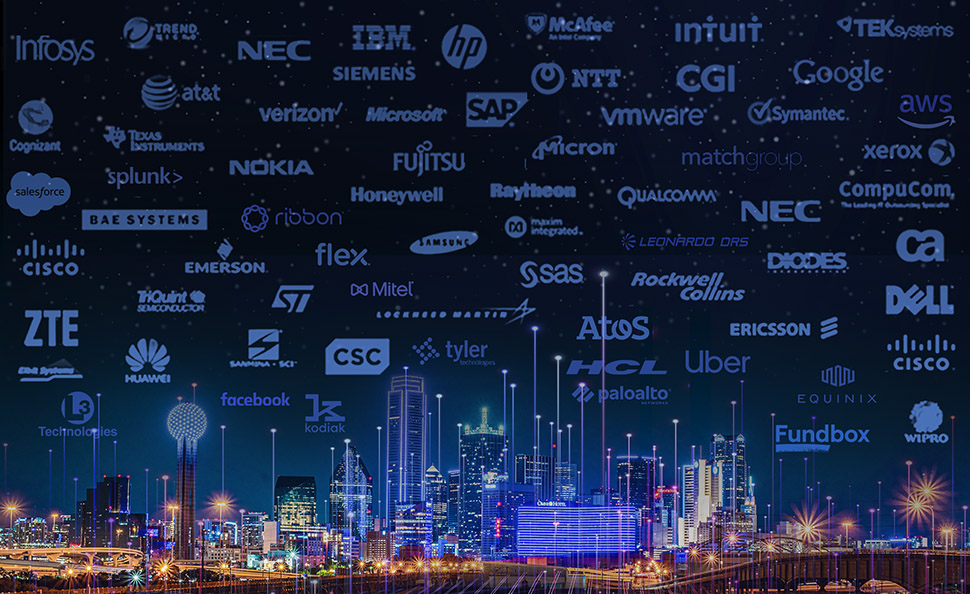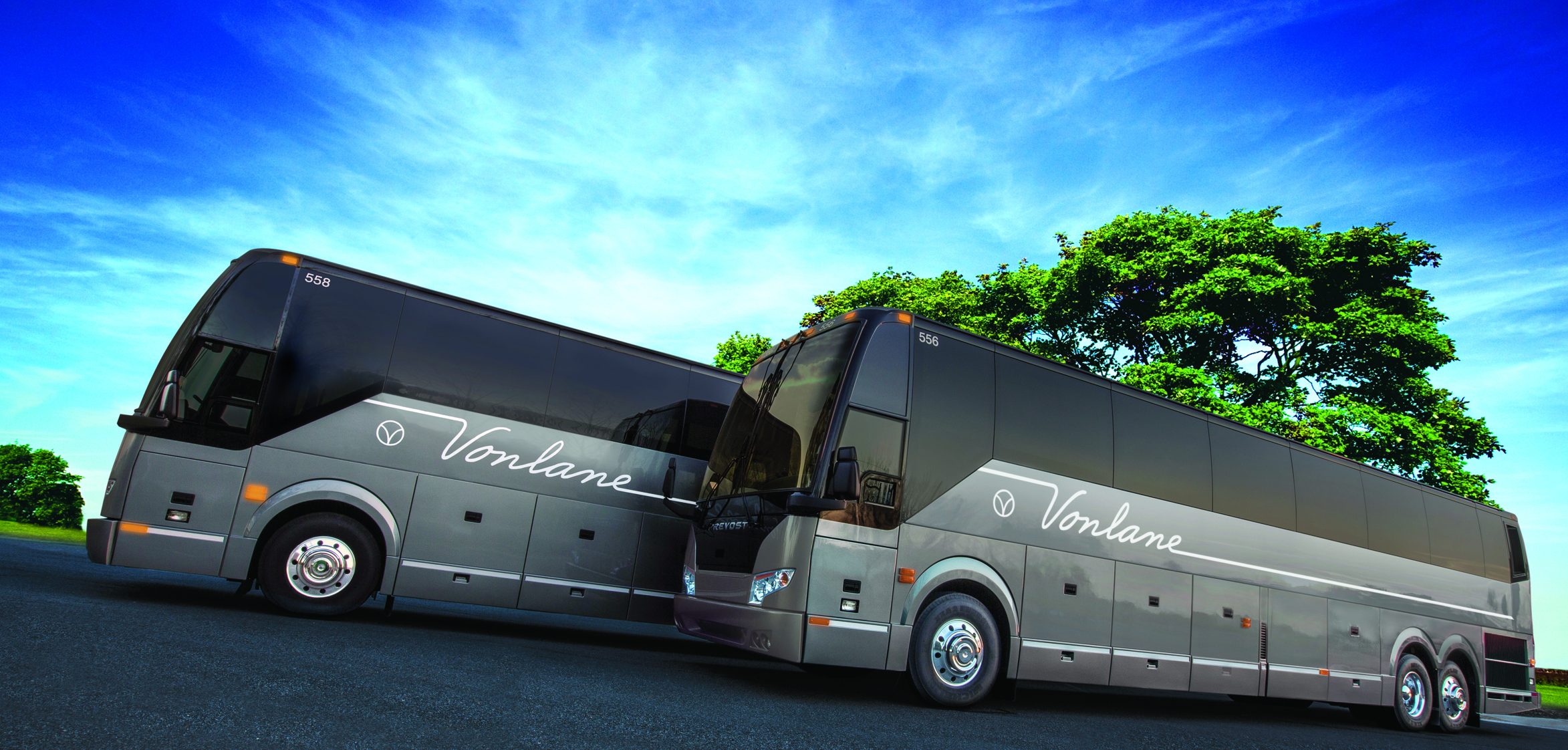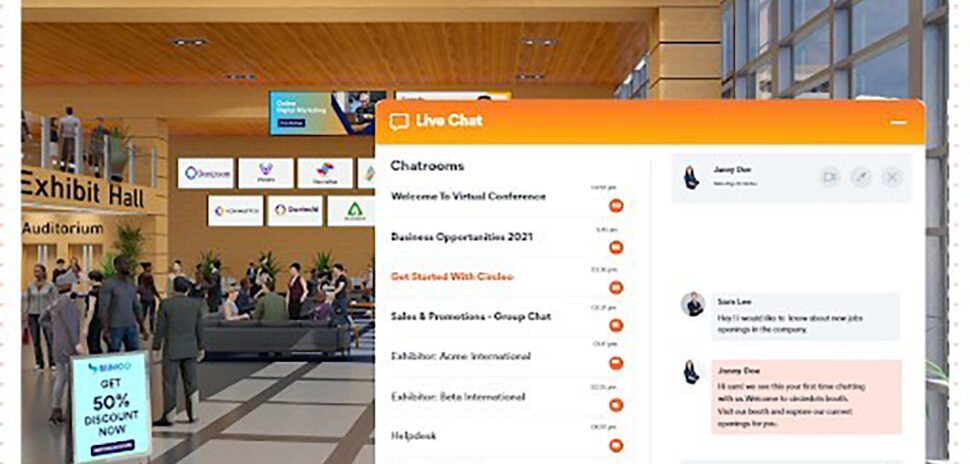COVID-19 has amplified everything. Every expense, inconvenience, and pain point has raised one thought for company leaders: How the heck do we deal with this?
The answer has accelerated a trend that’s been happening for years—the move of tech companies to Dallas-Fort Worth.
The search to reduce the friction of doing business led Antuit.ai CEO Craig Silverman to relocate his PhD-level artificial intelligence company from Chicago to Frisco nearly three years ago. Silverman himself lived in San Francisco for 10 years before moving to Dallas-Fort Worth to be closer to Antuit.ai.
“I just moved here from San Francisco two years ago,” Silverman says. “I know that ‘ocean fun’—it’s got its different vibe. But we’re an AI company that’s trying to help traditional brands transform their supply chain.”
While Antuit.ai says it can improve efficiencies for its customers by between 10 and 40 percent, the quality of its employees’ lives was floundering in Chicago, according to Silverman. “When you think about it, from an employee standpoint, you fight through the snow for five or six months, and the rain, and the rest,” he says. “And the commute—you’ve got to get through the Chicago traffic. And, oh, you’ve got to go visit a client in New York, and you’ve got to go through O’Hare? And then you’ve got to pay those state taxes.”
After a slight pause, Silverman shifts into a mode economic development professionals call “checking the boxes.”
“Then you think about what you’ve got here,” he says. “A super-safe place for families. Great school districts. And [DFW Airport, which] is as central a hub as O’Hare is. Then you’ve got that Legacy corridor, which is expanding, including NTT Data and others that have moved here.”
Between 2017 and 2020, DFW added more than 10,000 high-tech jobs—from computer systems analysts to electrical engineers to software developers and more—according to a Dallas Regional Chamber analysis of jobs data. Dallas recently landed second on CompTIA’s Tech Town Index 2020 for tech job openings, surpassing San Francisco. That’s a jump from seventh place last year.
“With the cost of living 2 percent lower than the U.S. average, more and more young people are putting down roots in this area,” CompTIA writes. “With a median IT salary of $94,044, plenty of live music and professional sports teams, tech professionals are finding opportunity and quality of life in Dallas.”
But to Silverman, it’s not about sports or the ping-pong table at Antuit.ai’s Frisco office.
“We’ve recruited people from all over—and obviously, there are some really good schools here, with good AI programs,” he says, noting the University of Texas at Dallas. “We’ve recruited people from all over the coasts who were tired of the hard-to-get-to-work in downtown San Francisco or New York.”
They come here as a lifestyle choice, Silverman says. “But they’ve actually come here to be part of a cool AI story. It’s a startup like you’d normally hear about in Silicon Valley.”
As he spoke, Silverman’s crew was working remotely at Antuit.ai, which also has offices in Chicago and India. The pandemic has put their spontaneous lunchtime brainstorming sessions on ice for now.
Shadow of COVID
Will tech workers and others keep working remotely, even after COVID blows over? “It’s still too early to tell,” Clay B. Vaughn, senior vice president at CBRE says. “But once the pandemic is over, we think things are going to return to as close to normal as possible.” Currently, many believe that if workers are staying out of offices in the future, companies might not lease as much office space. Or, if they were previously thinking about relocating, why would they bother, if people are working remotely anyway?
Vaughn is with Silverman in believing that there’s no substitute for the role offices play—both in bringing people together and uniting organizations. But he thinks that offices will have to step up their games.
“Companies are going to have to make their office a destination where employees want to be,” he says.
“Dallas is on everyone’s radar, and I think we’re going to be the beneficiary of the impact COVID has had on our country. I think we will get 30-40 percent more companies relocating or establishing a significant presence in Dallas over the next five to 10 years. There’s doom and gloom in lots of markets around the country, but Dallas is filled with optimism.”
As companies from California to New York are looking at DFW, experts say the region has earned its stripes as a major player for tech companies.
One major checkbox that’s landed Dallas-Fort Worth on “everyone’s radar”: CBRE data that shows the region has a tech workforce approximating all large tech talent markets.
Based on an analysis of federal labor data compiled by CBRE in 2020, Dallas-Fort Worth is—by far—the most affordable metro among the top-five markets for tech workers. While the Bay Area and NYC might have substantially more tech workers, their cost of living is almost double DFW’s. Metro D.C.—which ranks third for most tech workers in major tech labor markets—has a cost of living that’s roughly 50 percent higher than Dallas, per the analysis.That data doesn’t include a cost-of-living or cost-of-doing-business comparison. But the cost of living in Dallas stacks up very well against San Francisco, NYC, Boston, and most of the other cities on CBRE’s list.
West and East Coast tech companies could benefit financially by moving to Texas, says Dehrel Seahorn, the senior delivery manager of direct hire services at BGSF staffing services.
Seahorn believes the region’s economy is growing even more attractive to tech companies with continued expansions and relocations to the area. “Not only does Texas have a lower cost of living, but also one of the lowest combined corporate tax rates, which make the area quite appealing,” he says.
‘Interesting enclaves’
“I see Dallas as a smaller version of New York City—with a lot of business being done,” says Alejandro Laplana, CEO of Shokworks. The firm has settled on calling Dallas home, Laplana says, which he attributes in part to the diversity of its economy and the availability of capital for investment. Shokworks, which creates digital products from existing analog projects, announced in Fall 2020 that it was moving its headquarters from Miami to Dallas. Its clients include Real Madrid, Kinesis Money, Dupont Chemicals, and Fox Sports.
“Everyone knows that commercial real estate is booming in Dallas,” Laplana says. “But even so, you can find some interesting enclaves. Right now we’re actively looking for office space. We found a spot in the Design District which is 5,617 square feet. We’re looking to create the ultimate maker space, an invite-only situation.”
‘Something greater than themselves’
Dave Cochran has a theory about what attracts people like Laplana and Silverman to the Dallas region. Sure, he says, there are all those boxes to check—no personal income tax, lower cost of living, relatively easier regulations, and more.
“It’s not only about money—people want to work for something greater than themselves,” says Cochran, the executive vice president at Colliers International. He believes there’s a spirit here that’s almost like a mission.
In a lifetime of traveling and living in cities including Chicago, St. Louis, and elsewhere, Cochran has learned that Texans have a sense of pride that exists in only a handful of other places, like California and New York City.
“Did I ever hear that when I lived in Chicago? Not really,” Cochran says. “L.A.? A little bit.” Californians are very proud of their state, and New York City is very proud of what it offers, he says. But Cochran finds Texans’ sense of pride to be “so pervasive” compared to cities like St. Louis, where he grew up.
“It’s not a perfect place by any imagination,” he points out. “We have our issues like every other metro area. But I think that the spirit that pervades this community is a little bit different than what you get in other parts of the country.”
Community and collaboration
That sense of mission isn’t confined to startups or relocations in North Texas.
Intuit found its way to Plano when it acquired Dallas-based software company Lacerte in 1998. Its employees contribute across Intuit’s business units.
“Intuit’s mission is to ‘Power Prosperity Around the World,’” says Intuit VP of Product Management Jorge Olivaretta. “Whatever prosperity means to our customers, we’re committed to make it happen. In Plano, we focus on automation and data insights for tax and accounting firms.”
Olivaretta says that the tech developed by his Plano team helps produce better financial outcomes for financial firms and their clients. Largely, that means working to automate much of the work accountants and tax preparers might be doing.
“We focus on the areas that can solve their biggest problems,” he says. “This requires artificial intelligence, machine learning, and data science. It also requires thinking and working beyond our immediate customers. We collaborate on solutions that solve similar problems for customers across Intuit’s businesses.”
According to Olivaretta, collaboration is a key element of the company’s culture, which also emphasizes integrity, customer obsession, and giving back to the community.
“We learn and share innovation practices with other companies in North Texas,” Olivaretta says. “We don’t have all the answers, so learning is important. We also work with local organizations, like nonprofits, to solve their important problems. Our innovation model, Design for Delight, focuses on what matters most to these groups. Our employees volunteer and share their expertise to help them achieve their goals.”
Big tech players are at home in Dallas-Fort Worth
Some tech names, such as Match Group, are homegrown and others, like Texas Instruments, have been here for a while. The region has fast-growing startups, like Alkami, and laser-focused firms, such as Cysiv. Many more tech innovators are ramping up with expansions in the region including WiPro, InfoSys, Atos, Facebook, Amazon AWS, and Microsoft. Rounding out the technology landscape is a cadre of top-tier tech enablers, such as Deloitte, Accenture, Infosys, and Slalom, that offer support.
Diverse talent pool and a sense of community
Salesforce—which developed the leading global customer relationship management software—chose the Dallas region for its central U.S. operations for two big reasons, says Lance French, SVP of business technology: The company saw a rich talent pool and a cultural fit.
“Obviously, there was a highly skilled and diverse pool of talent to draw from,” French says. “But we also felt a strong sense of community in the area. This is a place where people care about each other and go the extra mile, and those values are deeply ingrained in Salesforce culture.”
An important part of that culture is “Ohana,” a Hawaiian concept that’s also one of Salesforce’s organizing philosophies. The idea is that Salesforce is a family—including employees, customers, partners, stakeholders, and members of the communities where it has offices—that is bound together in a sort of interdependent ecosystem.
“We take our Ohana culture very seriously and, while we’re growing at a rapid pace, we’re also very intentional about how we grow,” French says. “So we look for communities that share our values and have extraordinary talent and the ability to grow with us.”
Salesforce found what it was looking for in North Texas, according to French. Area universities are providing the talent the company needs to grow its workforce—particularly its Business Technology team.
“As an SVP for Business Technology, our internal IT organization, I also serve as the executive site lead for our Dallas hub,” he says. “That means I’m heavily involved in our recruiting and management operations in North Texas. Within Business Technology, we have hundreds of software engineers, developers, designers, product and project managers, change managers, and other IT leaders based here in Dallas. Our hub remains one of the top-growing global locations for business technology.”
Tech gives back
As the Dallas-Fort Worth market has matured as a technology hub, a shared sense of mission is in evidence at many of the region’s tech firms.
At Cisco, where roughly 1,500 employees are working remotely from their North Texas homes, mostly in Richardson and Allen, COVID has expanded the company’s mission to help underserved communities access the internet.
“What we’re doing would probably fall more under economic development in helping to grow internet connectivity, for not only network connectivity, but also for the IoT,” says Cisco Regional Sales Manager Laura Baker.
In one local initiative, Cisco has partnered with the City of Dallas to install public Wi-Fi hotspots outside four libraries.
“I know children are in desperate need of basic Internet access, so they can do their homework,” says Cisco CIO Raja Singh.
Achieving that “ubiquitous internet” takes a village, said Nick Michaelides, Cisco’s SVP for the U.S. public sector, earlier this year. He said Cisco is proud of its initiative with the City of Dallas to provide Wi-Fi to underserved communities in this time of “seemingly essential need.”
That sums up tech and DFW in 2021: It’s a mutual gift that just keeps on giving.
Dave Moore is a data journalist and staff writer at the Dallas Regional Chamber.
Quincy Preston contributed to this story. A version was originally published in Dallas Innovates 2021: The Resilience Issue.
Read it online
Our fourth annual magazine, Dallas Innovates 2021: The Resilience Issue, highlights Dallas-Fort Worth as a hub for innovation. The collective strength of the innovation ecosystem and intellectual capital in Dallas-Fort Worth is a force to be reckoned with.
![]()
Get on the list.
Dallas Innovates, every day.
Sign up to keep your eye on what’s new and next in Dallas-Fort Worth, every day.





























